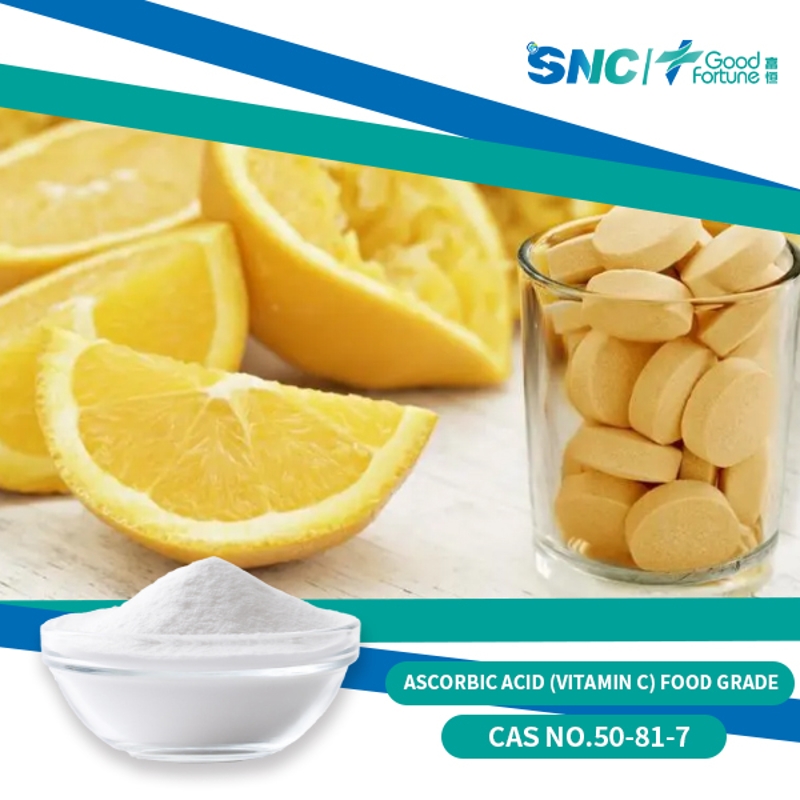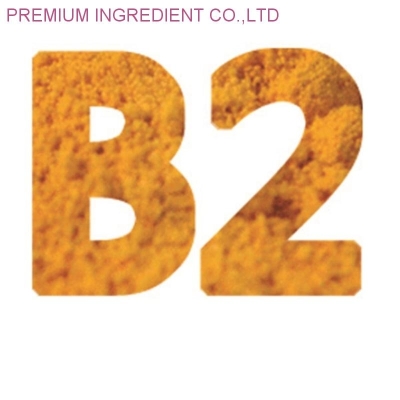-
Categories
-
Pharmaceutical Intermediates
-
Active Pharmaceutical Ingredients
-
Food Additives
- Industrial Coatings
- Agrochemicals
- Dyes and Pigments
- Surfactant
- Flavors and Fragrances
- Chemical Reagents
- Catalyst and Auxiliary
- Natural Products
- Inorganic Chemistry
-
Organic Chemistry
-
Biochemical Engineering
- Analytical Chemistry
-
Cosmetic Ingredient
- Water Treatment Chemical
-
Pharmaceutical Intermediates
Promotion
ECHEMI Mall
Wholesale
Weekly Price
Exhibition
News
-
Trade Service
Coenzyme B12, also known as vitamin B12, is an essential nutrient that plays a vital role in various cellular processes.
It is particularly important for the normal functioning of the nervous system, as it helps to produce the compound S-adenosylmethionine (SAMe), which is involved in the production of neurotransmitters.
Coenzyme B12 is a cofactor for several enzymes, including those involved in the metabolism of amino acids, fatty acids, and nucleic acids.
It is also involved in the regulation of homocysteine levels, which can damage blood vessels if left unchecked.
Coenzyme B12 is produced by bacteria that live in the human intestine.
It is also found in some foods, such as meat, fish, dairy products, and eggs.
The vitamin can be synthesized in the laboratory, and it is also available as a dietary supplement.
Coenzyme B12 is often used to treat vitamin B12 deficiency, which can cause fatigue, weakness, and other symptoms.
It is also used to prevent and treat anemia, as well as to improve cognitive function and reduce levels of homocysteine in the blood.
In the chemical industry, Coenzyme B12 is used as an intermediate in the production of several downstream products, including pharmaceuticals, nutraceuticals, and dietary supplements.
Coenzyme B12 is also used in the production of various other chemicals, including enamines and imines.
Upstream Products
The upstream products of Coenzyme B12 are the raw materials used in the production of the vitamin.
The most common upstream products of Coenzyme B12 are vitamin B12 precursors, such as methylcobalamin, 5-deoxyadenosylcobalamin, and cobalamin.
These precursors are synthesized in the laboratory or extracted from natural sources, such as bacteria and yeast.
Another upstream product of Coenzyme B12 is the bacteria that produce the vitamin.
These bacteria are typically found in the human intestine and are known as members of the genus Bacillus.
They can be cultured in the laboratory to produce large amounts of Coenzyme B12.
Downstream Products
The downstream products of Coenzyme B12 are the chemical products that are derived from the vitamin.
These products are used in a variety of applications, including the production of pharmaceuticals, nutraceuticals, and dietary supplements.
One of the most common downstream products of Coenzyme B12 is the pharmaceutical agent metformin.
Metformin is used to treat type 2 diabetes and is often combined with lifestyle changes, such as diet and exercise, to improve blood sugar control.
Metformin works by decreasing glucose production in the liver and increasing insulin sensitivity in muscle and fat cells.
Metformin can be synthesized using Coenzyme B12 as a precursor.
Another downstream product of Coenzyme B12 is the nutraceutical choline.
Choline is an essential nutrient that is involved in various cellular processes, including the production of the neurotransmitter acetylcholine.
Choline can be synthesized using Coenzyme B12 as a precursor.
Coenzyme B12 is also used in the production of various other chemicals, including enamines and imines.
Enamines are organic compounds that contain an amine group attached directly to a carbon atom.
They are used in the production of various chemicals, including pharmaceuticals, agrochemicals, and dyes.
Coenzyme B12 can be used to synthesize enamines using







